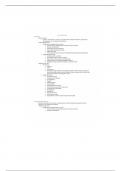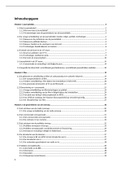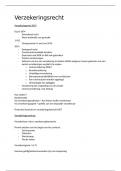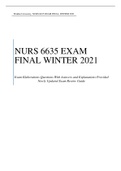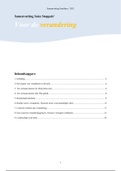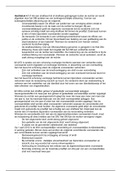Summary
Summary NUR 212 Final Exam Ultimate Study Guide
- Course
- NUR 212
- Institution
- Forsyth Technical Community College
This is a comprehensive and detailed study guide on final exam for Nur 212. *An essential and valuable study resource,just got YOU!!
[Show more]
